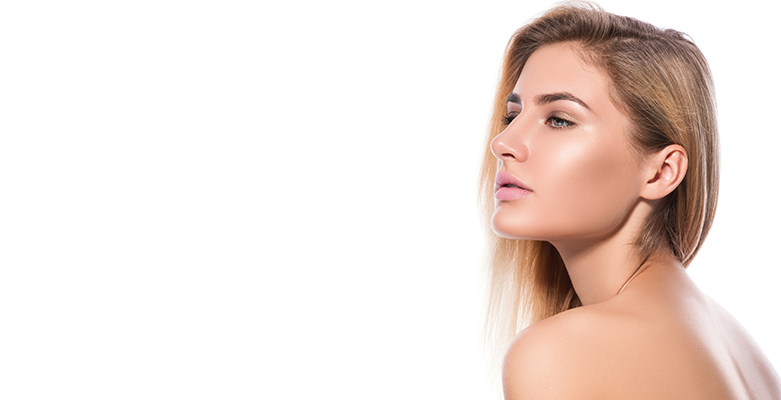It smoothes wrinkles.
Topical vitamin A in the form of retinol (over-the-counter products) and retinoic acid (prescription creams) are proven wrinkle-fighters and many dermatologists’ go-to recommendation for combating signs of aging and acne. Research shows that these ingredients are able to stimulate collagen production: When collagen becomes damaged due to UV exposure and other aggressors, wrinkles begin to develop, much like cracks in a weak foundation. Retinoids and retinols “turn on” cells responsible for making new collagen, strengthening your skin and filling in fine lines below the surface so skin looks smoother.
Evens skin tone.
Vitamin A creams can lighten sun-induced brown spots and boost skin radiance. Vitamin A increases skin cell turnover, which helps you shed pigmented, damaged and rough surface cells, making room for healthier cells.
It clears up acne.
Pustules and papules form when pores become clogged with dead skin cells, bacteria and oil, providing the perfect breeding ground for Propionibacterium acnes, a common bacteria responsible for blemishes. By stimulating cell turnover the same process happens within the pores themselves helping them shed what is clogged inside. It also helps skin feel less oily and keeps pores clear.
Choosing Vitamin A Creams
Retinol isn’t as potent as prescription-strength retinoic acid, so results may take longer to see, but it’s also less irritating to sensitive skin. Unfortunately, it’s common for vitamin A creams to cause redness, sensitivity and dry, flaky skin until you become acclimated. To minimize these side effects, start by applying just a pea-sized amount to your face every other night or every two nights for several weeks; follow with a non acid moisturizer suggested by your esthetician.
Gradually increase your usage to nightly. We recommend Skin Ceuticals Retinol 0.5% and 1.0% Topical retinoids and retinols increase your skin’s sensitivity to UV damage, so suncreen is a MUST every day. We recommend any one of the Skin Ceuticals Sunscreens applied over your moisturizer. Avoid retinol and retinoids if you’re pregnant; you can speak to your dermatologist about other options that are safer while you’re expecting.




Leave A Comment